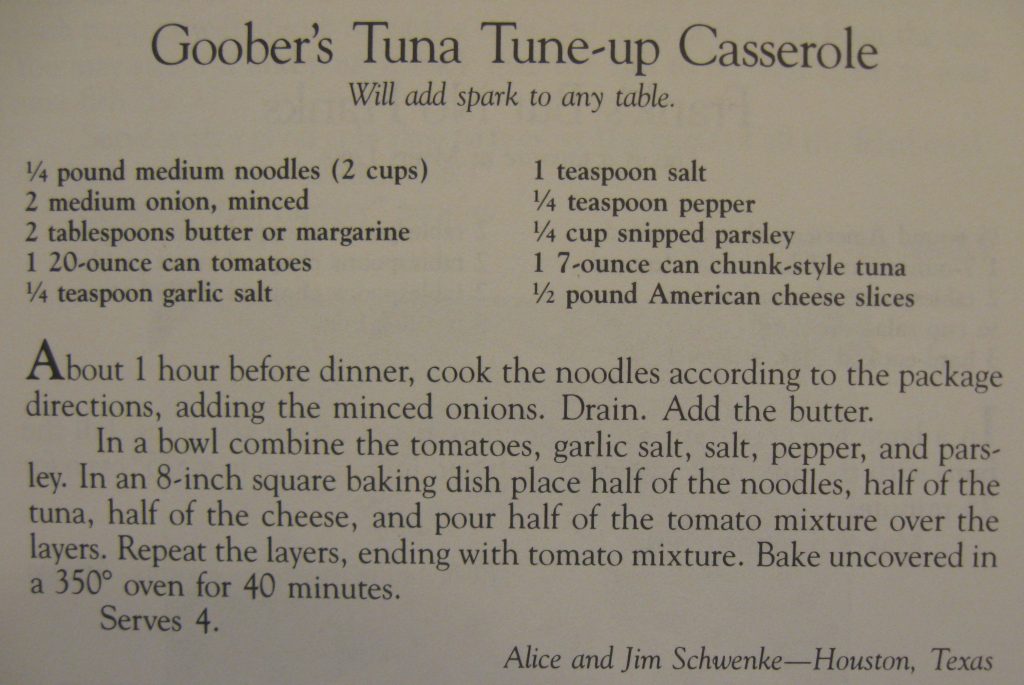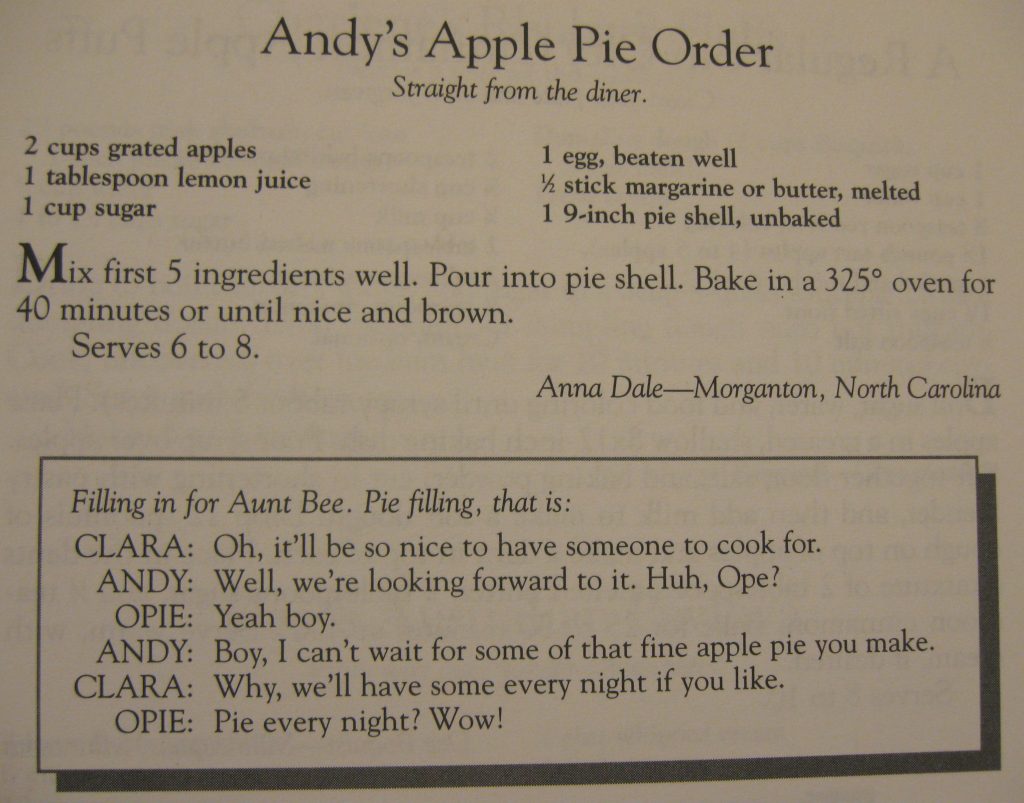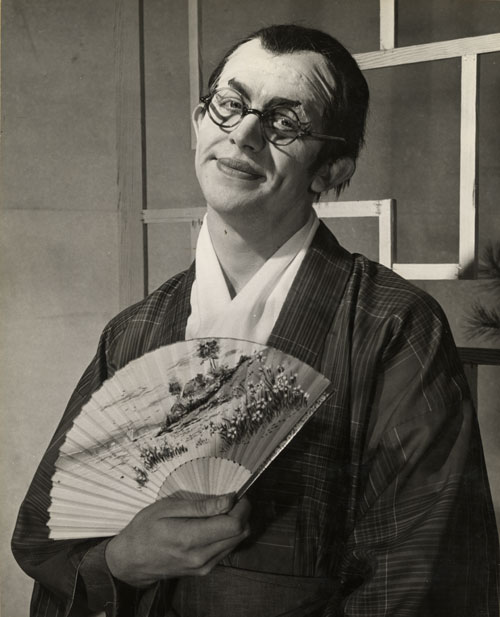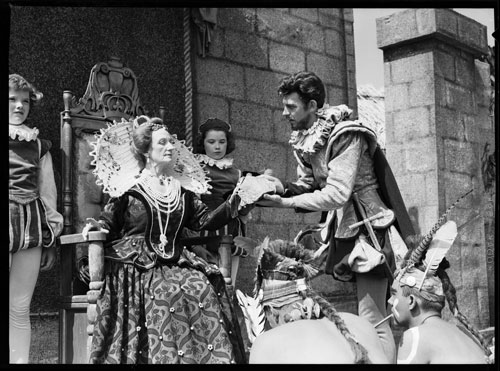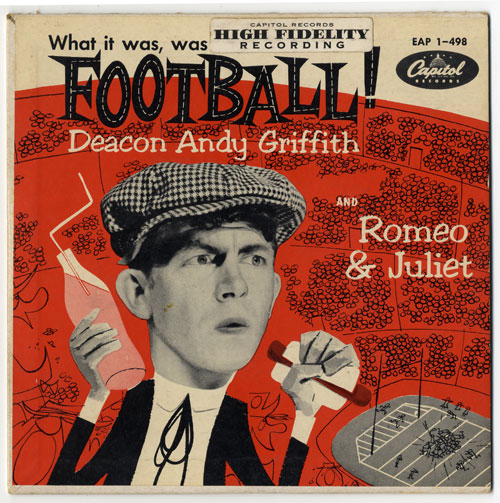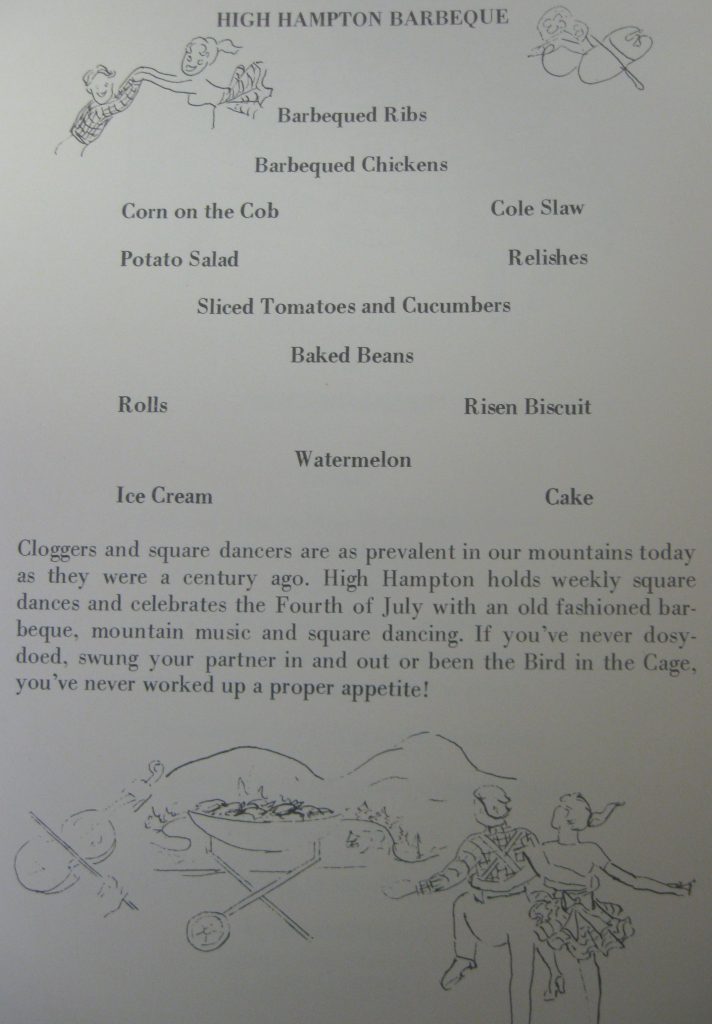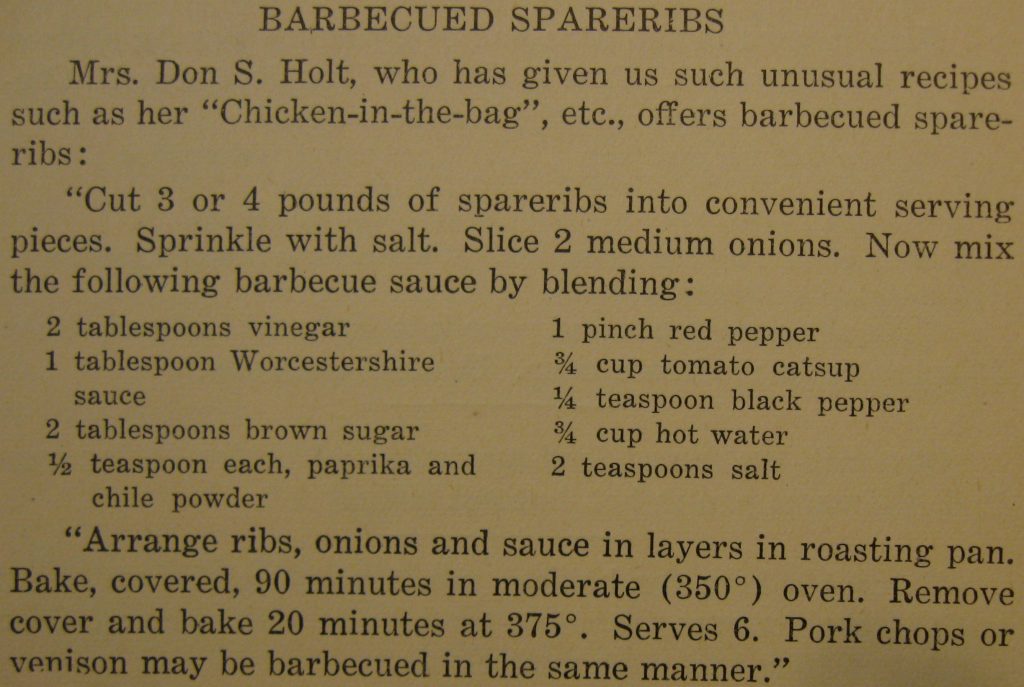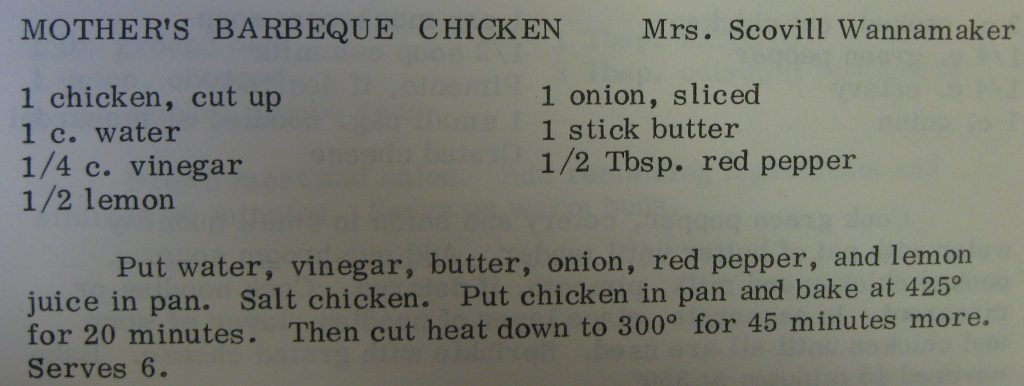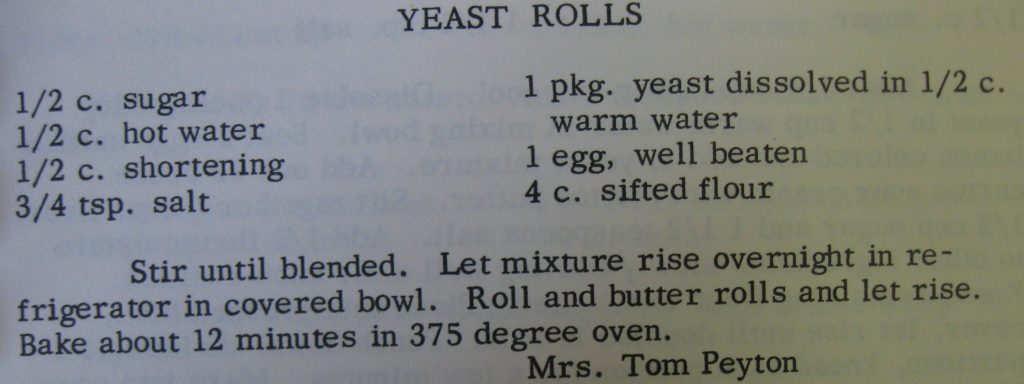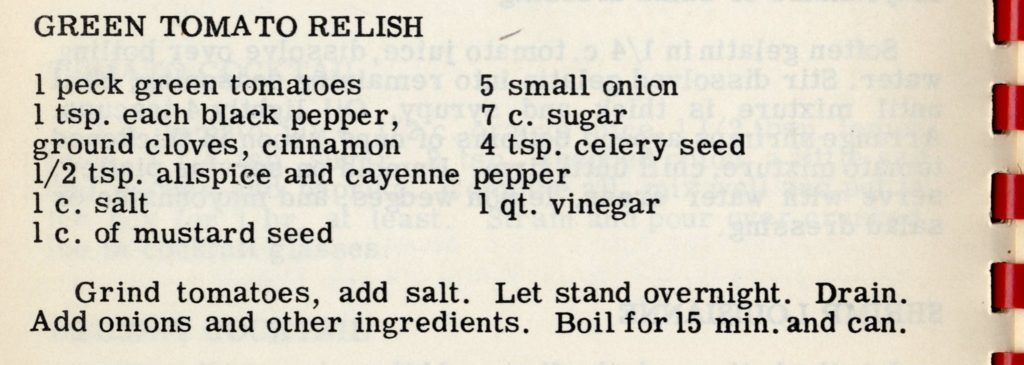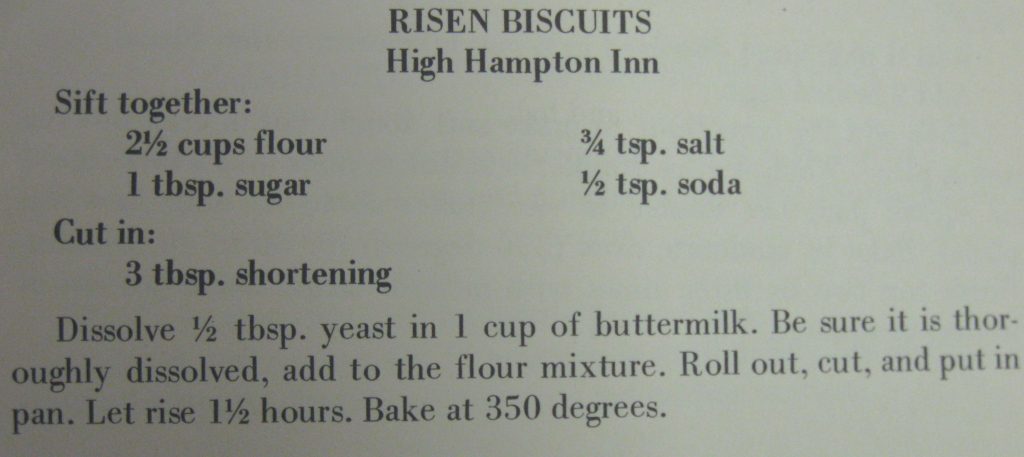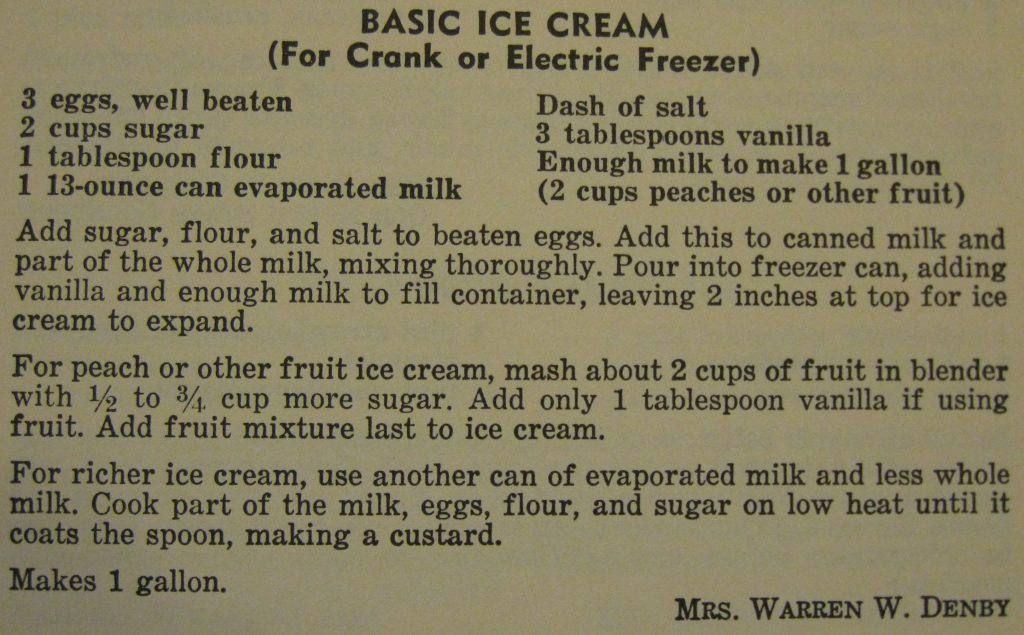From The Best of Mayberry: The Best of the Best, Home Economists Tested Recipes.
Month: July 2012
Remembering Andy Griffith: The Lost Colony Loses its Sir Walter and Mayberry, its Sheriff
Former UNC President William C. Friday is confirming that Andy Griffith died this morning at his home in Dare County. The Mount Airy native was 86.
Griffith’s rise to stardom began at UNC, where he appeared in several Carolina Playmakers productions, including Gilbert and Sullivan’s The Mikado. Griffith also played Sir Walter Raleigh in The Lost Colony from 1949-1953. He’s seen in the photo above with Lillian Prince as Queen Elizabeth I. One of Griffith’s early commercial successes was his comedy routine “What it Was, Was Football.” The monologue features Griffith as a country bumpkin attending his first college football game and puzzled by the action on the field. The recording sold thousands of copies.
For many, Griffith is best remembered as Sheriff Andy Taylor on The Andy Griffith Show. The program premiered on October 3, 1960 and ran for eight seasons, garnering the top spot in the Nielsen Ratings in its final season.
The collections of Wilson Library are rich with Andy Griffith material, including audio recordings, videos, and books. Griffith’s personal papers are also held at Wilson Library, in the Southern Historical Collection.
Need a menu plan for your July 4th barbecue?
Can You Identify This Yearbook Photo?
 It’s time for another round of “Can You Identify This Notable North Carolinian from their Yearbook Photo?” I’ve got just one photo this time. If you think you know who it is, post your answer in the comments. Also, if you know where I could get a pair of glasses like those, put that in as well. I’ll post the answer this afternoon on the DigitalNC Blog.
It’s time for another round of “Can You Identify This Notable North Carolinian from their Yearbook Photo?” I’ve got just one photo this time. If you think you know who it is, post your answer in the comments. Also, if you know where I could get a pair of glasses like those, put that in as well. I’ll post the answer this afternoon on the DigitalNC Blog.
‘White residents know little about 1898 coup’
“My impression after living in Wilmington for 16 months is that a significant proportion of white residents know little about the 1898 coup, let alone its deep connection to the current character of the city.
“At [an Occupy Wilmington meeting] the week before the encampment was supposed to start, someone raised the possibility of using the city’s one memorial to the massacre — a practically invisible monument in Brooklyn — as the starting point for the march on City Hall…. The proposal was met with more than one blank stare. What monument? What’s 1898?”
— From “Occupy Wilmington” by Peter C. Baker in N + 1 magazine (December 29, 2011)
Life of George L. Smith, “Boldest and Bravest Blind Tiger Man,” Now Available Online
One of my favorite pamphlets — and definitely one of the best titles in the North Carolina Collection — is now available online. It’s the story of George L. Smith, an itinerant bootlegger who spent his whole adult life in and out of jail. The full title is:
The Life of George L. Smith, North Carolina’s Ex-Convict, Boldest and Bravest Blind Tiger Man Who Has Run Blind Tigers in Nearly Every Town in North Carolina, and Served 23 Times on the Chain Gaings and Been 208 Times in Jail, and Been Driven Out of 64 Towns and Counties of North and South Carolina, and 4 Times Ordered by Judgest to Leave the State.
As I mentioned in an earlier post, a “blind tiger” is not an animal, it’s an old term for the sale of untaxed alcohol. Or in Smith’s terms, “Of course, you all know that means selling whiskey without license behind the curtains.”
The pamphlet is primarily an account of Smith’s run-ins with the law and is written in an unpolished, conversational style. The work as a whole provides a fascinating account of the culture of alcohol consumption and law enforcement in early 20th-century North Carolina. The work ends with Smith’s repentance and plea, “Now, if every one who reads this book will make up their minds never to have anything to do with whiskey, I would never regret my sixteen years of trouble.”
How dry he was: Daniels banned alcohol on ships
On this day in 1914: As Woodrow Wilson’s secretary of the navy, former Raleigh newspaper editor Josephus Daniels bans alcohol at officers’ mess aboard United States ships. The ban will go unbroken until 1980, when crew members of the aircraft carrier Nimitz are issued two beers apiece in recognition of their having been at sea for more than 100 days.
Daniels’ other innovations meet more resistance. To facilitate the training of recruits, he orders the terms port and starboard replaced with left and right. He has to abandon that effort, as well as one to make sailors wear pajamas.
In 1915, he halts the navy’s issuance of condoms, saying, “The use of this packet I believe to be immoral.” One result is that the navy suffers the highest incidence of venereal disease among the services. The onset of World War I causes Daniels to reluctantly give in; he leaves on an inspection trip, allowing his assistant — the young Franklin D. Roosevelt — to reverse the order.
The war gives Daniels leverage to clean up red-light districts that have fed off sailors. The most famous of these is Storyville in New Orleans, where the mayor argues strenuously, though futilely, for the “God-given right of men to be men.” By making Storyville’s brothels off-limits, Daniels removes the economic base of early jazz musicians, scattering them to Chicago, Kansas City and St. Louis – and earning himself the wry title, “the Johnny Appleseed of Jazz.”




